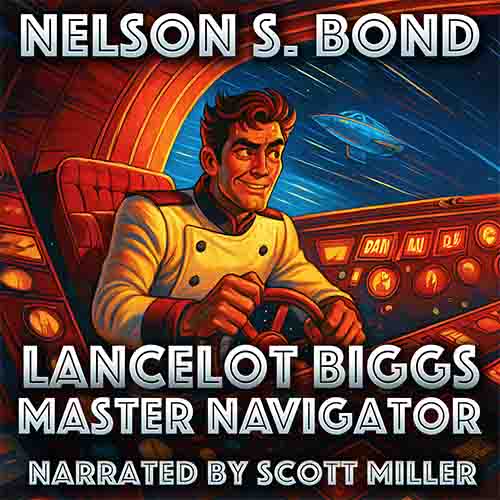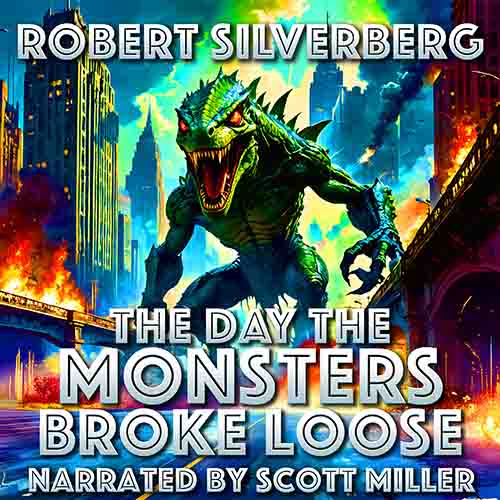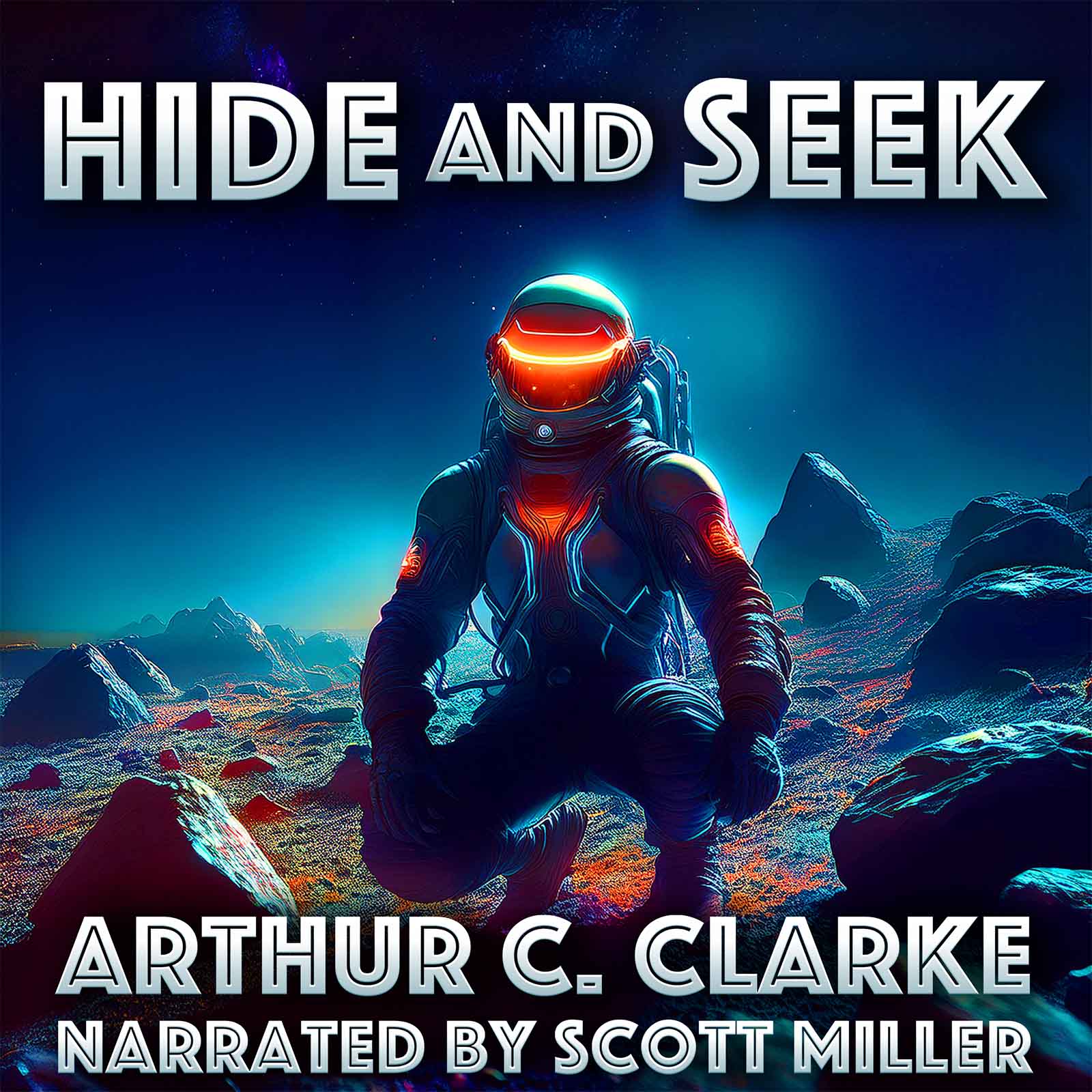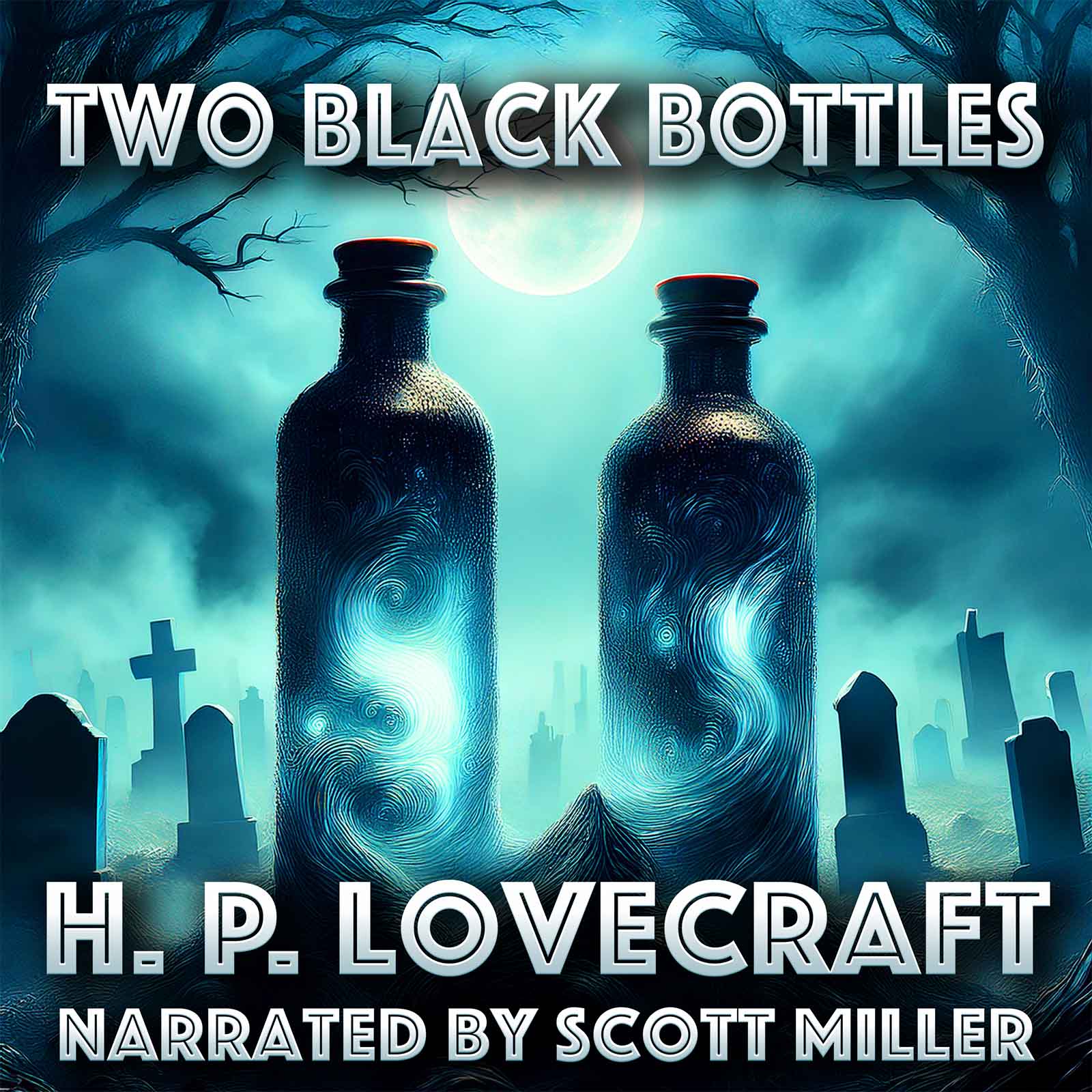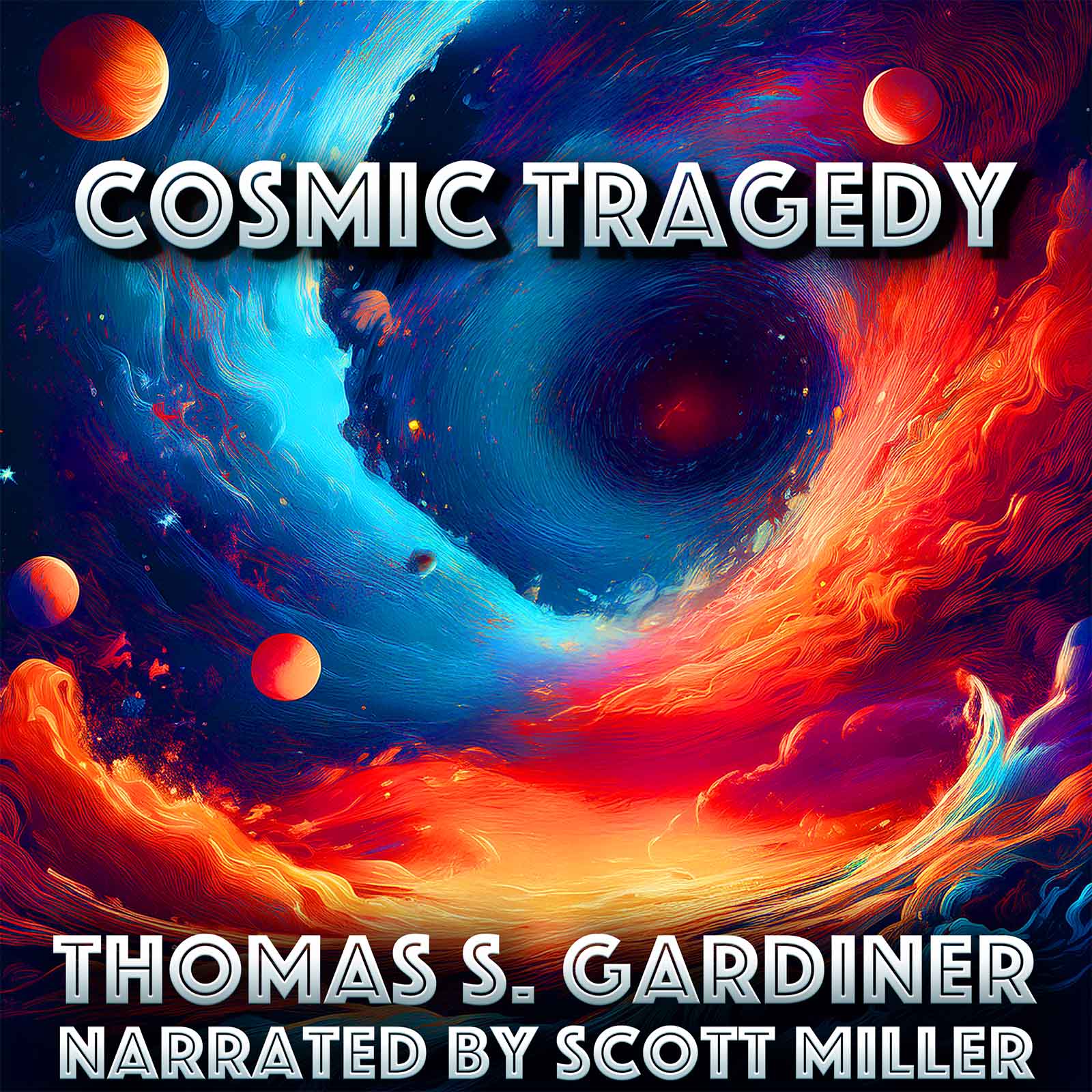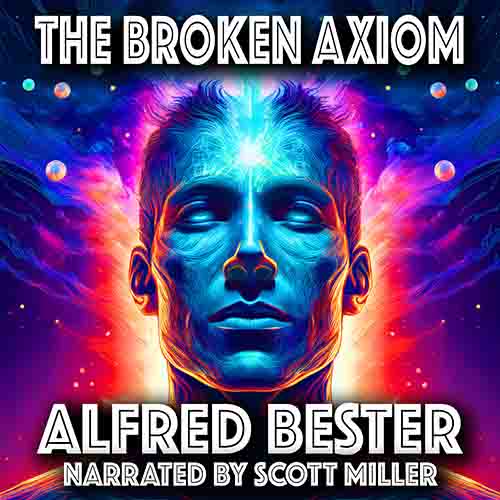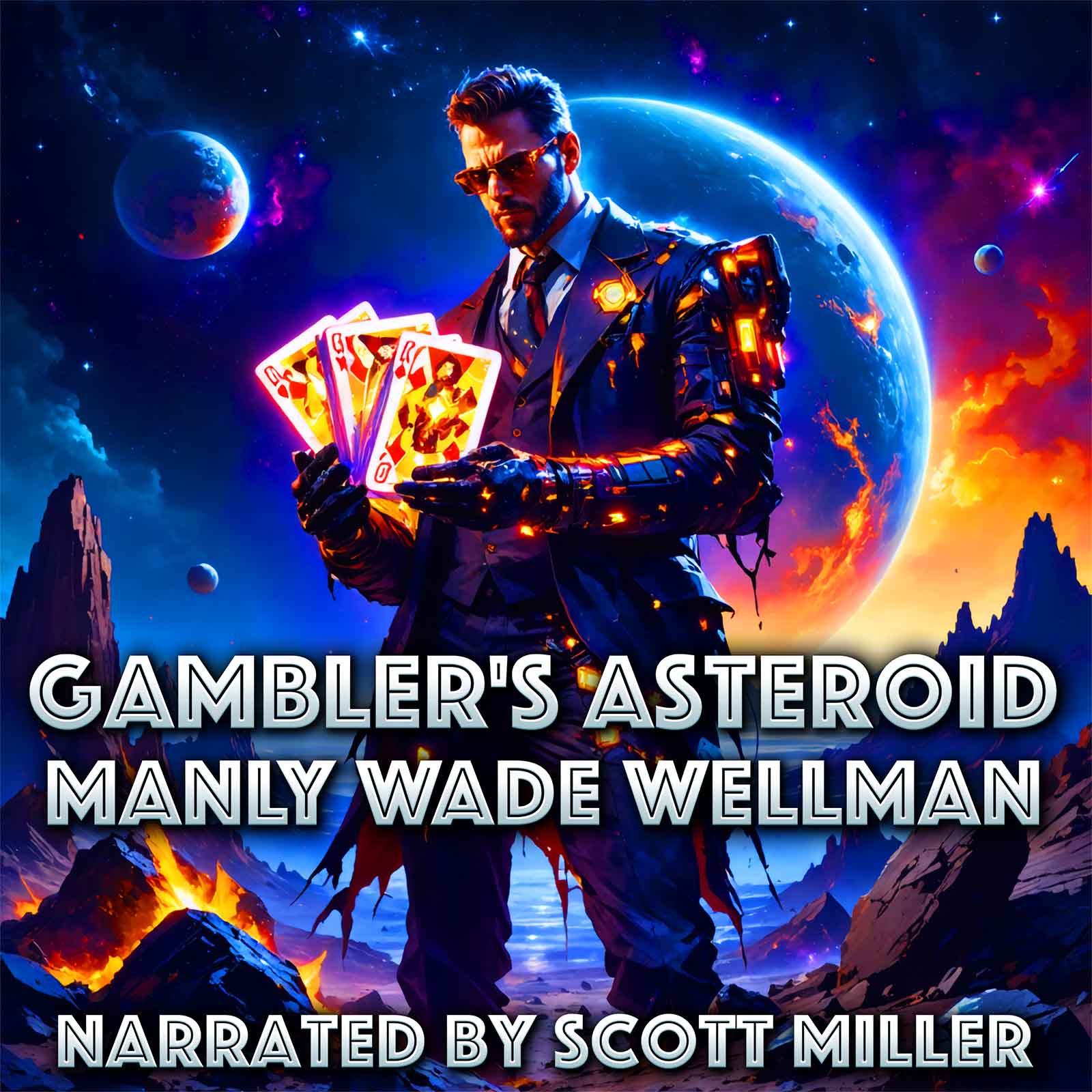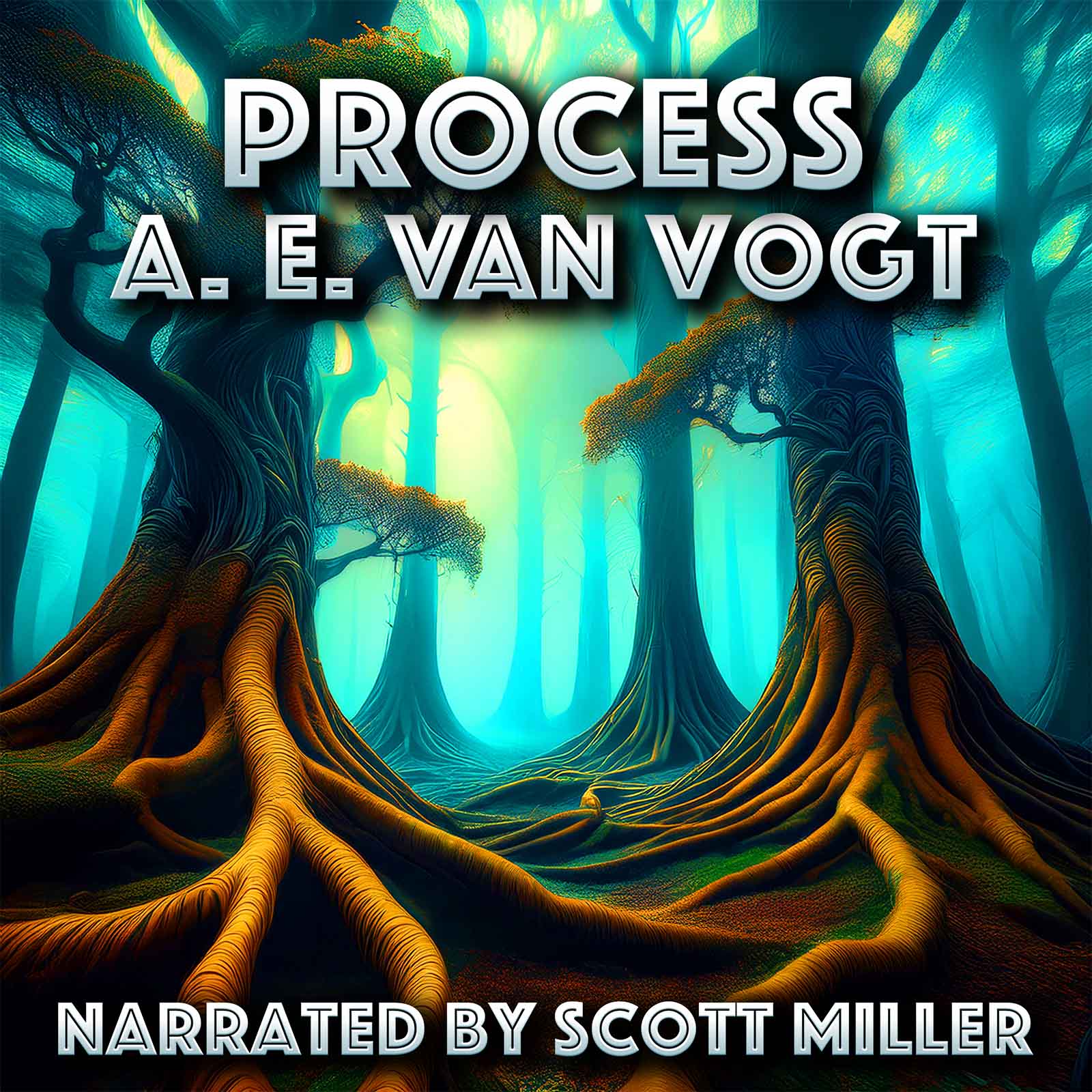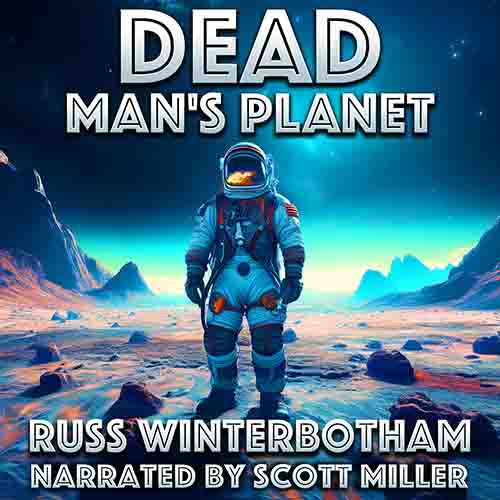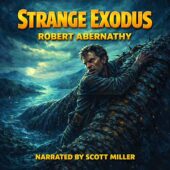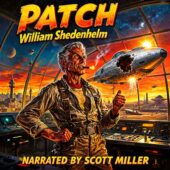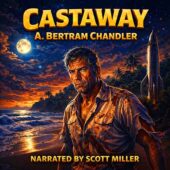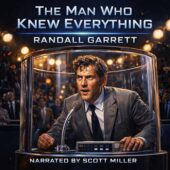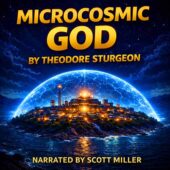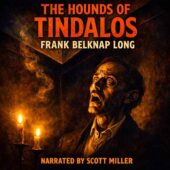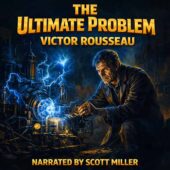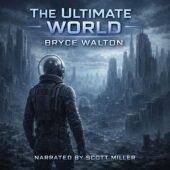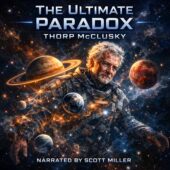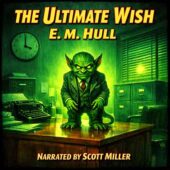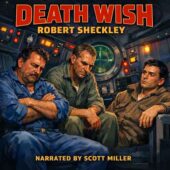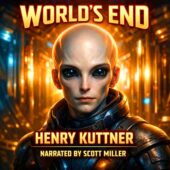Brian W. Aldiss
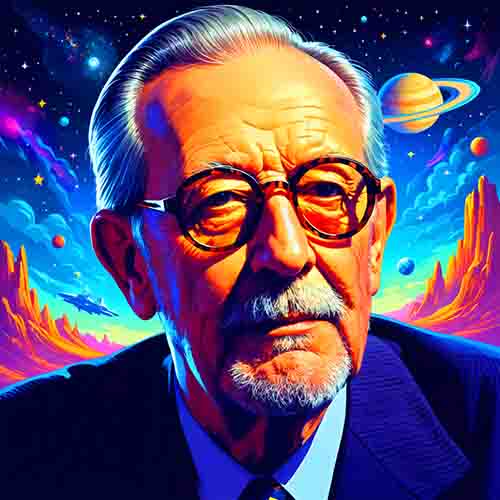
Biography
Brian W. Aldiss (1925–2017) was a British novelist, short story writer, anthologist, and critic, widely regarded as one of the most important voices in modern science fiction. Over a career spanning more than six decades, Aldiss published dozens of novels, hundreds of short stories, and influential anthologies, while also contributing essays and criticism that helped define the field. Known for his inventive storytelling, literary ambition, and restless experimentation, Aldiss bridged the gap between traditional science fiction and the literary avant-garde, becoming a central figure of the British New Wave movement.
Born in Norfolk, England, Aldiss grew up in a bookselling family, an environment that nurtured his love of reading. During World War II, he served in the Royal Signals in Burma and later in Sumatra, experiences that deeply influenced his worldview and provided material for his fiction. After the war, he worked as a bookseller and began writing in his spare time. His first stories were published in the 1950s, and he quickly established himself as one of the most promising new talents in British science fiction.
Aldiss’s early fiction was marked by sharp wit, humanism, and imaginative breadth. His first collection, Space, Time and Nathaniel (1957), showcased his ability to move between satire, allegory, and speculative adventure. His novella Non-Stop (1958), published in the U.S. as Starship, became his first major success, presenting a generation ship whose inhabitants have forgotten their origins—a now-classic science fiction scenario that combined adventure with philosophical reflection.
In the 1960s, Aldiss became a leading figure in the New Wave, a movement that sought to make science fiction more experimental, literary, and socially engaged. His novel Barefoot in the Head (1969), a hallucinatory narrative of post-psychedelic Europe, exemplified the New Wave’s fusion of science fiction and avant-garde technique. Other works, such as Report on Probability A (1968), demonstrated his willingness to push the boundaries of conventional narrative structure.
Perhaps Aldiss’s most enduring works are his Helliconia trilogy—Helliconia Spring (1982), Helliconia Summer (1983), and Helliconia Winter (1985). Set on a planet with centuries-long seasonal cycles, the trilogy combined hard science, epic storytelling, and anthropological depth, earning comparisons to Tolkien and Asimov. The series stands as a monumental achievement, reflecting Aldiss’s fascination with history, ecology, and the cycles of civilization.
He also produced influential shorter works. Hothouse (1962), a novel expanded from a Hugo-winning short story, depicted a far-future Earth dominated by rampant vegetation and giant insects, with humanity reduced to a precarious existence. It remains one of his most imaginative and acclaimed works. Another short story, Super-Toys Last All Summer Long (1969), explored artificial intelligence and human loneliness; decades later, it inspired Stanley Kubrick’s planned film A.I., which was ultimately directed by Steven Spielberg in 2001.
Aldiss was also a prolific anthologist and critic. His collaborations with Harry Harrison produced the groundbreaking Penguin Science Fiction series in the 1960s and 1970s, which introduced many readers to cutting-edge work. His Billion Year Spree (1973) and its revised edition Trillion Year Spree (1986, co-authored with David Wingrove), offered sweeping and provocative histories of science fiction as a literary genre, emphasizing its roots in Mary Shelley’s Frankenstein and its evolution as a literature of ideas.
Throughout his career, Aldiss balanced literary ambition with accessibility. He wrote mainstream novels, memoirs, poetry, and critical essays, demonstrating a versatility rare among science fiction writers. He also explored themes of war, memory, identity, and the relationship between humanity and technology with a seriousness that challenged the stereotype of science fiction as mere escapism.
Aldiss received numerous honors. He won the Hugo Award for short fiction (Hothouse), the Nebula Award for The Saliva Tree (1965), and the John W. Campbell Memorial Award for Helliconia Spring. In 2000, he was named a Grand Master by the Science Fiction and Fantasy Writers of America (SFWA), one of the field’s highest honors. He was also appointed an Officer of the Order of the British Empire (OBE) in 2005 for his services to literature.
Despite his accolades, Aldiss remained both playful and provocative, never afraid to challenge conventions or speak bluntly about the field. His essays often critiqued both the limitations of pulp-era science fiction and the pretensions of its more literary successors. He insisted that science fiction was a vital form of literature, uniquely positioned to grapple with the future and humanity’s place within it.
Brian Aldiss died in 2017, on the day after his 92nd birthday, leaving behind a vast and varied body of work. His legacy is that of a restless innovator: a writer who never allowed himself or the genre to stand still. From the claustrophobic corridors of Non-Stop to the lush jungles of Hothouse and the planetary history of Helliconia, Aldiss demonstrated the imaginative sweep of science fiction while insisting on its literary value.
Legacy: Brian W. Aldiss stands as one of the central figures of modern science fiction, a writer who shaped the field both through his own fiction and through his role as critic, anthologist, and historian. His works continue to challenge and inspire, reminding readers that science fiction is not only about the future but about the human imagination’s boundless capacity to reflect, reinvent, and explore.

